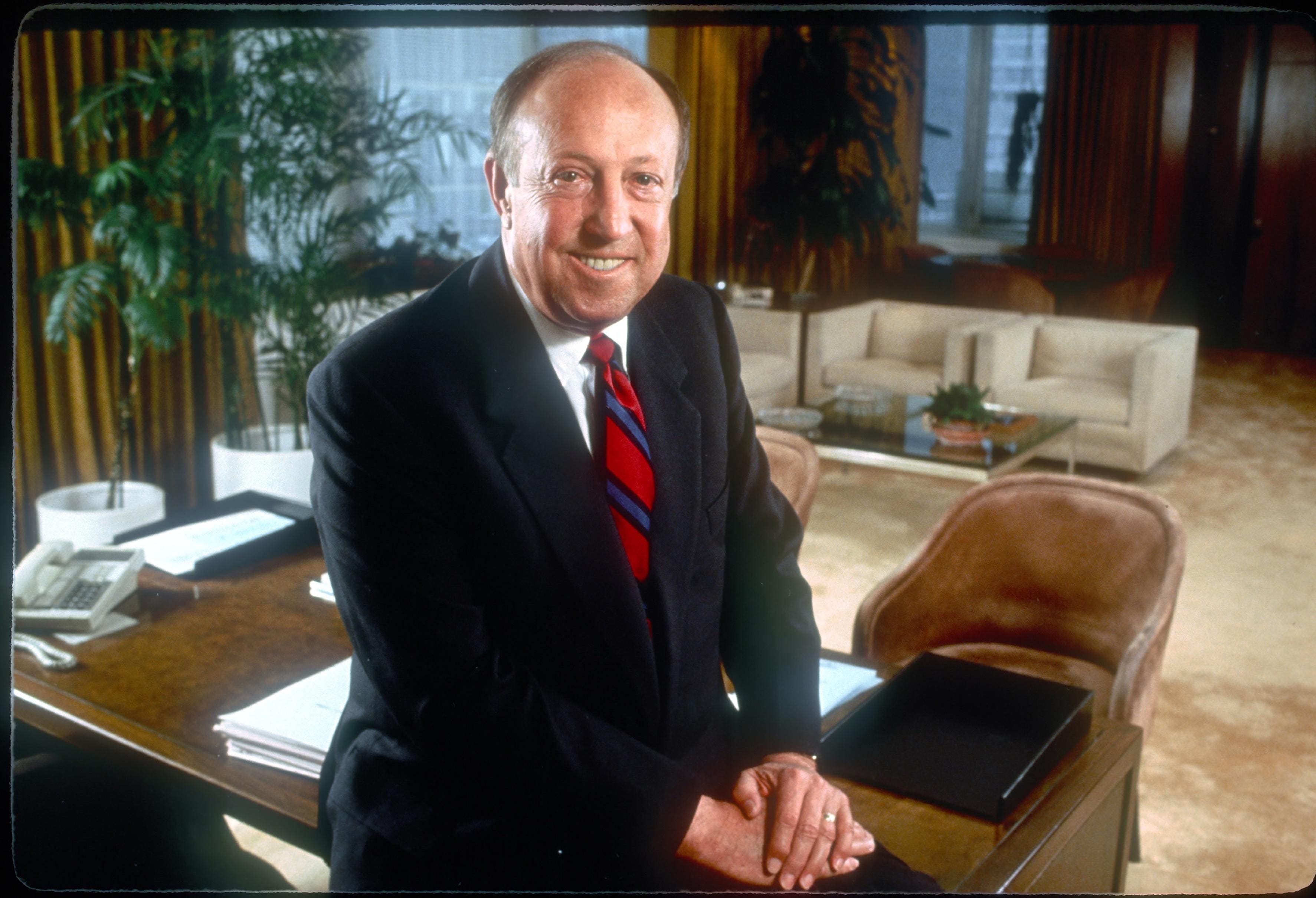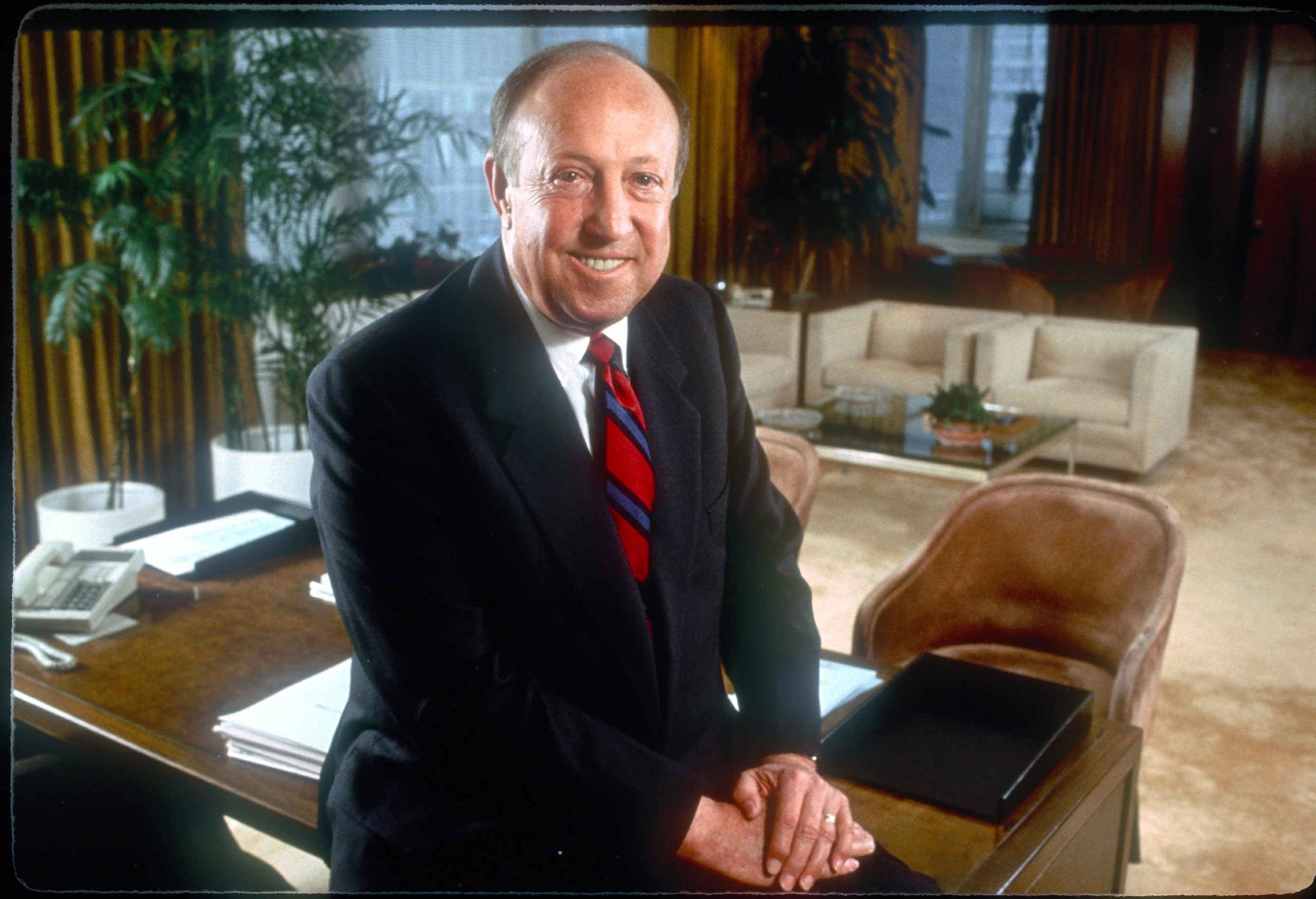
Pete Rozelle would be smacking his forehead in disbelief if he could see the way the NFL continues to embrace gambling.
Rozelle oversaw the NFL during its period of most significant growth from 1960 through 1989. Early on in his tenure, Rozelle suspended NFL superstars Paul Hornung of the Green Bay Packers and Alex Karras of the Detroit Lions for the 1963 season for gambling on NFL games.
During the 1960s, Rozelle feared that any association between the NFL and gambling would have a negative impact on the league’s credibility with the public. The late commissioner – Rozelle died at the age of 70 in 1996 – never relaxed his perspective.
Times have changed dramatically.
There’s little doubt that the league wants to increase its share of revenue from gambling, and there’s no doubt it has been successful. Sports Betting has become a key revenue stream for the NFL, as sports betting deals have quadrupled from 2019 through 2022, according to SponsorUnited.
While the league has developed partnerships with gambling enterprises, it had maintained a harsh stance when it came to players making sports bets.
The NFL is now relaxing its standards when it comes to player gambling – including those who make their wagers from team facilities.
Jameson Williams saw his gambling-related suspension reduced from 6 to 2 games by the NFL. (Photo by … [+]
Witness the decision to reinstate three players who previously received significant suspensions. Those players include Jameson Williams of the Lions, Nicholas Petit-Frere of the Titans and free agent Stanley Berryhill. Williams and Petit-Frere can return to their teams on Monday, while Berryhill will be eligible on Tuesday.
The NFL’s updated policy reduces the punishment for gambling on non-NFL sports from within team facilities to two games.
The league said its change in policy is based on a continuing study of the current societal circumstances. Specifically, the NFL’s policy change ensures “that it is responsive to changing circumstances and fully addresses our commitment to protect the integrity of our game.”
In April, Williams and Berryhill were suspended for 6 games after it was determined they made wagers on other sports besides the NFL from the Lions facility. Apparently, the NFL no longer believes that’s a serious offense or sends the wrong message to the public.
At the same that that Williams and Berryhill had been punished, the league also suspended Quintez Cephus and C.J. Moore of the Detroit Lions, and Shaka Toney of the Washington Commanders were suspended indefinitely — and at least through the 2023 season — for betting on NFL games in 2022.
Here are the NFL’s new standards when it comes to gambling.
Betting on NFL games not involving your team: Minimum one-year suspension.
Betting on NFL games that involve your team: Minimum two-year suspension.
Betting on non-NFL games in team facility: Two-game suspension for first violation; six-game suspension for second; minimum one-year suspension for third.
Attempting to fix games: Banished from NFL.
Revealing insider information and/or tipping: Minimum one-year suspension.
Participating in third-party or proxy betting: Minimum one-year suspension.
Even the way the NFL lists its penalties is indicative of an acceptance of sports gambling within the sport. The idea that “attempting to fix games” is listed fourth almost makes it an acceptable topic. In a previous era, this would not be discussed at any level. This is the most egregious behavior in sports and the idea of athletes fixing games in any sports is completely unacceptable.
Now its listed fourth when it comes to gambling-related punishments.
.
